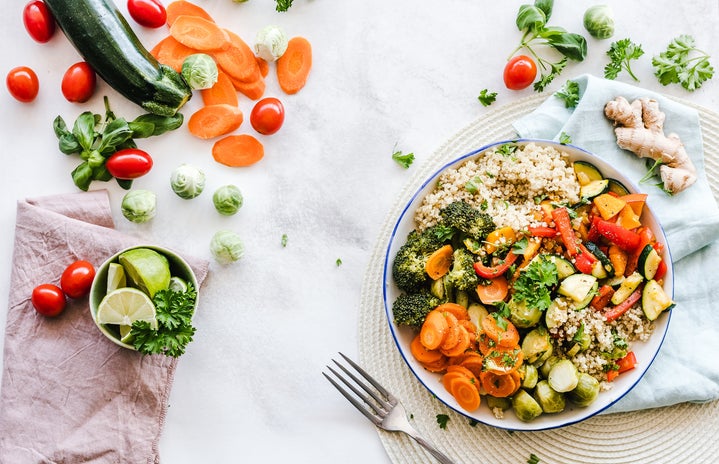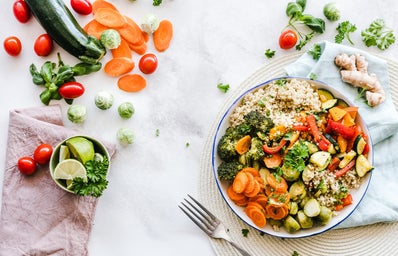As I browsed the salad counter at the Food Court at the University of Massachusetts Boston, I was thrilled to find zero-sodium food items such as romaine, cucumber, cherry tomatoes, red onions, green pepper, tofu, jalapeno peppers, and green beans. Fruits and vegetables count themselves lucky — they are a complete source of naturally-occurring fiber and nutrition, sans salt and sugar.
Biology students might say we do need salt, as it is essential for a healthy body. Well, yes, but in moderation. The World Health Organization (WHO) recommends a salt intake of less than five gm (0.8 tsp) per day and less than 50 gm (12 tsp) of added sugar per day, which will help prevent cardiovascular diseases, the leading cause of death globally. The ground reality is that, on average, Americans eat more than 3,400 mg of sodium daily, thanks to the convenient foods that are available cheaply and in abundance.
What’s the solution, you ask. Reduce your intake of highly processed food until you can avoid it altogether. Processed foods are those that have been changed in their original form in some way and stripped of their nutrition to improve taste and increase shelf life. Here are some examples of processed food and how you can limit their harmful effects:
- The average eight fl oz container of orange juice contains 22 gm of sugar per serving. Try making the same quantity of fresh orange juice and add the same amount of sugar! For a healthier alternative, eat the orange slices, as you get the added benefit of fiber, which is removed in the juiced version.
- Canned vegetables are convenient, but they can contain a whopping 420 mg of sodium per serving. To enjoy the vegetables without the sodium, rinse the vegetables a few times.
- The Caramel Swirl Frozen Coffee with Cream, Large, is a crowd favorite at Dunkin’ Donuts, but it contains 290 mg of sodium and 172 gm of sugar. Limit it to a weekend treat and go for a jog afterwards to work off the 1,120 calories.
It’s hard to give up processed food. I know, because I struggle with it every day. I suggest that we limit processed food little by little every week and curb your cravings by making your own healthy food and buying whole fruits and vegetables to cook for yourself. This way, you have greater control over your food, and help to feed your body with nutritious food.
While doing a second round of the salad counter, I notice that the price is a tad steep — 57 cents per ounce. Considering how expensive fresh food is; it would be ideal if they are competitively priced, say 57 cents per pound. This would encourage more UMass Boston students to eat healthy food. After all, to feed a growing mind, we must feed a growing body the healthy way.


